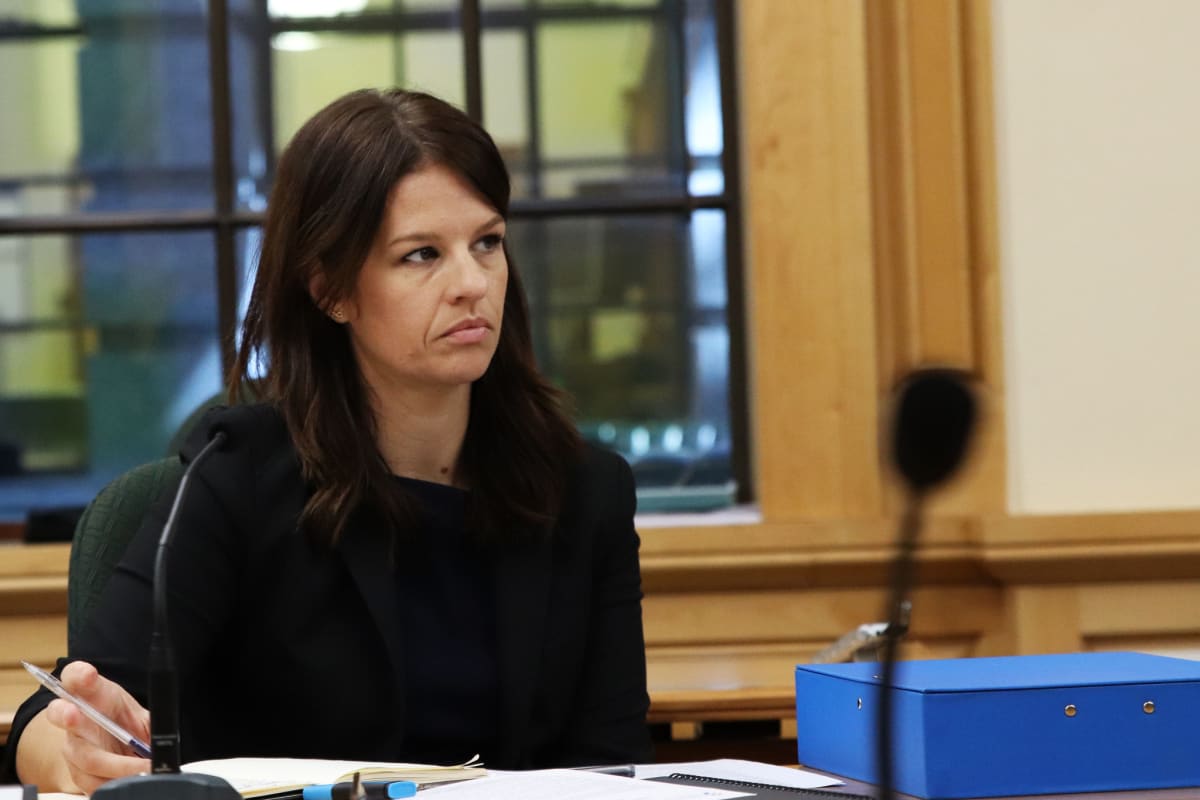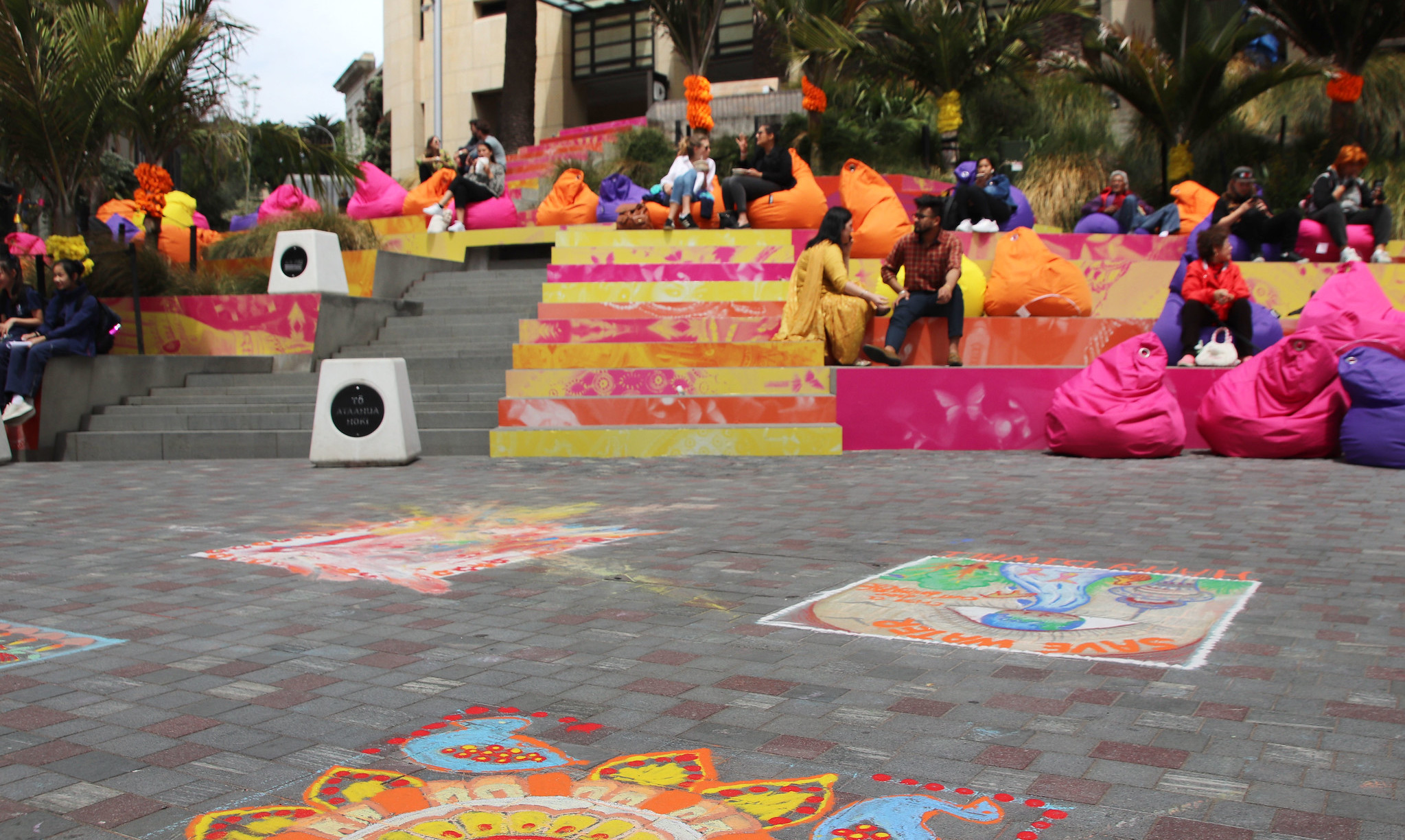Direct travel to New Zealand from India and other &very high risk’ countries remains off-limits, despite independent experts and health officials saying the threat of Covid cases has dropped
India’s representative in New Zealand has called on the Government to review its ban on direct travel from the country, months after health officials admitted the restrictions no longer matched the risk level.
The very high risk system was put in place in late April, and required anyone not a citizen or the immediate family of a citizen to spend 14 days outside of the named countries - India, Pakistan, Brazil, Papua New Guinea, Fiji and Indonesia - before they could fly to New Zealand and enter MIQ.
The system replaced an outright ban on direct travel from India after a spike in MIQ cases arriving from the country as it battled a wave of the Delta variant.

However, as previously reported by Newsroom, the Ministry of Health concluded in July that India, Pakistan and Brazil no longer fit a ※very high risk§ designation, while an expert panel had several months earlier concluded there was no public health justification for the restrictions on Pakistan, Brazil or Papua New Guinea.
Despite that, the travel restrictions have remained unchanged, even as India’s daily case rate has fallen to its lowest level since the start of the year.
An open letter published by public health experts this week estimated that India’s case rate was likely lower than Auckland, while vaccination rates and pre-departure testing would likely drop its rate to a level comparable to Covid-19 outbreak areas outside Auckland.
Indian High Commissioner Muktesh Pardeshi told Newsroom his country was keen to see the travel restrictions removed, with the number of new cases in India having decreased dramatically and over one billion vaccine doses now given out.
※People are now back to workplaces, they are opening their shops, people are able to conduct their life - of course, under certain restrictions and health protection measures, but vaccination has changed the scenario.§
※If you combine all these challenges, it becomes a kind of impossible task to get through all these hurdles - not everybody can manage that.§
Pardeshi said the high commission heard from a number of Indians with residency status struggling to return to New Zealand, given the cost and unreliability of coming back via a third country.
※If you combine all these challenges, it becomes a kind of impossible task to get through all these hurdles - not everybody can manage that.§
While India respected the sovereignty of countries to make their own decisions regarding their border settings, it made sense to take stock of the changing circumstances around the world and ※address the personal and professional challenges of people who are stuck in these difficult situations§.
National Party immigration spokeswoman Erica Stanford told Newsroom it was hard to understand why the restrictions were still in place, given officials had concluded there was no longer an elevated risk.
※As a government that claims to be led by the science, if the science tells them the risk is no longer there they should be reassessing the situation.§
As a large number of New Zealand’s nurses and healthcare workers came from India, Stanford said lifting the restrictions would make it easier for them to return.
There were also a large number of split migrant families who were unable to be reunited, with the travel restrictions among the factors at play.

She had heard from a number of Indians who had been forced to spend 14 days in Serbia or the Maldives - two countries where it was easier to obtain entry visas - and cover their self-isolation costs before moving on to New Zealand, where they would need to spend another fortnight in MIQ.
※It’s not only expensive, it’s very high risk as well # you’ve got a migrant population here who are really affected by it, who can’t see loved ones, who can’t travel, and they feel very aggrieved as well.§
Stanford said the restrictions had created a division between citizens and permanent residents which had never existed at any point before, with the former able to return directly from India but the latter unable to make the same trip.
Speaking in late October about the ongoing restrictions, Covid Response Minister Chris Hipkins said the Government was ※actually coming up to another review point for those countries now§.
※I think the last review was towards the beginning of the August outbreak, when we were right at the peak of dealing with that, but we’ll be coming up for another one [and] there could well be changes there as a result of the situation we’re now in.§
When asked by Newsroom what exactly needed to be reviewed, given health officials had already included the countries were no longer ※very high risk§, Hipkins said simply that the Government had deferred a decision at the last time of review and needed to go through the decision-making process again.

Pardeshi said the Indian government was also advocating for the rights of about 600 to 700 Indians with temporary work and student visas, who had been living in New Zealand but were stranded during visits to India when the borders closed.
※People who had a job, who have maintained their homes, who own cars, have bank accounts in New Zealand, they have not been able to come back even after 18, 19 months, so with improvement in the situation in India and globally # and when New Zealand is thinking to review border settings, it will be only humane if their plight is also taken into consideration.§
Immigration Minister Kris Faafoi previously told RNZ that the Government had no plans to extend temporary visas for those based overseas due to Covid-19, ※as these people only ever intended to remain in New Zealand temporarily and circumstances may have changed by the time borders reopen§.
Pardeshi said the Indian government had also been speaking to New Zealand counterparts regarding a mutual recognition arrangement for vaccination certificates to allow quarantine-free travel.
He had written to Director-General of Health Dr Ashley Bloomfield, informing him about the pace of vaccination in India and the WHO-approved vaccines used in the country’s rollout (primarily AstraZeneca, with some use of Covaxin).


